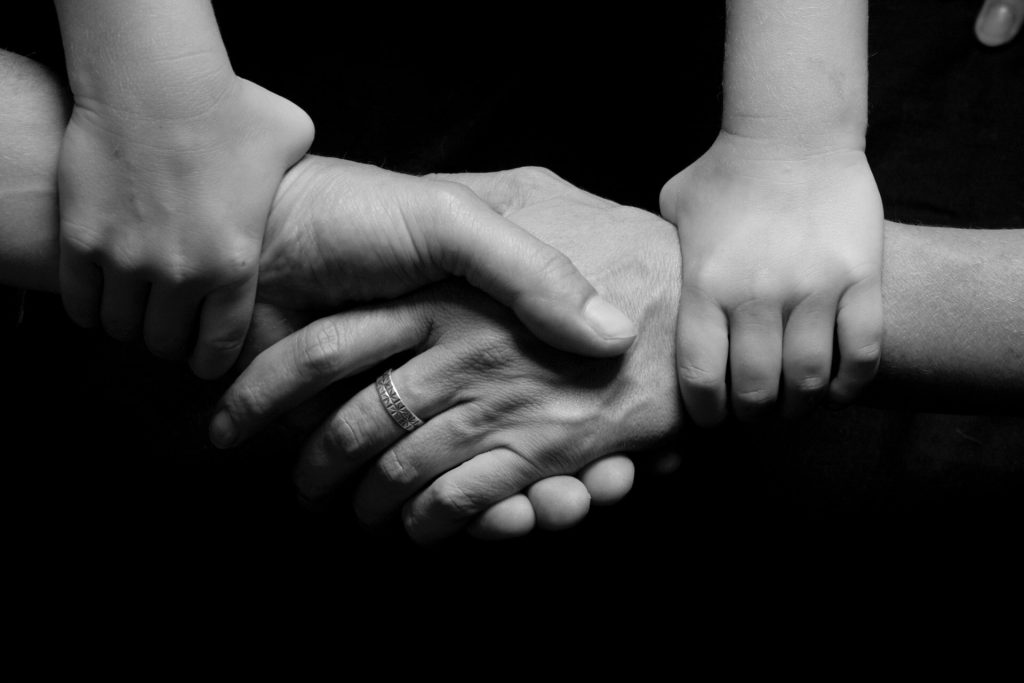
by Jessie Brar – Follow @jessieebrar
Over the years, people have become more open about their mental health. We are slowly chipping away at the stigma associated with mental illnesses, but we still have a long way to go.
Anxiety runs in my family and each generation has had a very different experience with their mental illness. Three generations of women have lived and survived generalized anxiety disorder.
Here are our stories:
Nani (maternal grandmother) – 83 years old, born and raised in Punjab, India. Immigrated to Tanzania in her late 20’s. She raised three children and has been living in Canada and the United States for the past 20 years.
(Translated from Punjabi)
“I don’t know what mental health is. I know that sometimes there are good times and sometimes there are bad. I never thought about these things. I got married when I was very young. I had a lot of responsibility and a family. Ever since I could remember, I would have this feeling of ghabrahat, or anxiousness. I never knew why it happened. I didn’t know what it meant. It was very confusing at first, but then it just became a part of my life. I never thought anything of it. I just thought it was something that happened to everyone, but I never told anyone or talked about it. Mental health…I don’t even know what the Punjabi word for it is. In India, no one learns about this. Mental illness just means you are pagal (crazy). It wasn’t until a few years ago that I started telling the family. We went to the doctor and they gave me medicine. I still don’t fully understand, but I feel better. I think it’s great that kids are learning more. It would have been great if I didn’t have to wait until 80 to feel better.”
[Read Related: It’s Not a Dirty Secret: 7 Truths About Mental Health]
Ma – 48 years old, born in Punjab, India. Moved to Canada after marriage. She is raising three children as a single mother.
“I never had time to think about how my mental health was doing. I grew up in a time in Punjab when there was a lot of unrest. I never really felt safe or secure. I was always very jumpy and scared. Then I moved to Canada once I got married. My marriage wasn’t great, but it gave me three beautiful children, which I will always be thankful for. My anxiety really got bad towards the end of my marriage. He was a drinker and that caused a lot of stress on everyone. I realized I couldn’t raise my children there. My anxiety got worse when I left. I was homeless, with no money and three children to feed. Those were some of the hardest years of my life, but we made it through. I didn’t have the money to see a therapist at that time. I didn’t know I needed one to be honest. I never learned about mental health in India and the doctors never told me anything once I was in Canada. I only hoped that my children wouldn’t have to suffer as I did. My kids actually taught me that I needed to take care of myself too. Eventually, once I was back on my feet, I was able to reach out and get the help I needed. It took some time to figure out what would work. I had to do all my own research and find these places. It was hard in a world where the Internet was still new. I was very fortunate because I was able to find what I needed. I had access to the resources, but I needed the money to use them.”
[Read Related: #TherapyTalk: How to Talk About Feelings When You’ve Been Told Not To]
Me – 22 years old, born and raised in Canada. Graduated from Queen’s University and now working to raise awareness about mental health in the South Asian community.
“Mental health education was never taught in schools or advertised. Whatever we know about it comes from what our parents pass on to us, but if they’ve never learned about it either, we’re stuck at a dead end. I grew an interest for mental health while dealing with my own mental illness. I ended up studying psychology, but a lot of my information came from other people sharing their stories. I was fortunate that my mom had some experience with this and she set up an appointment with a counselor for me. Once I went to university, the resources were well-advertised and they were pretty easy to access, but I know that’s not always the case. I was really lucky and, with the support from my family, I was able to learn to thrive with my mental illness. It was still a struggle. I still feared stigma and had a lot of self-stigma, but I know that I am luckier than the generations before me and I appreciate all those who helped pave this path.”
With each conversation and every helping hand, we slowly work to make the world a place where we can love ourselves for all our intricacies. Over the years, we have been able to work to make resources more accessible and talk more openly about our mental health. My hope is that by the time my own kids come into this world, mental illness will no longer be stigmatized.
 Chocolate Lover – Bollywood Dancer – Bhangra Enthusiast – Mental Health Advocate.
Chocolate Lover – Bollywood Dancer – Bhangra Enthusiast – Mental Health Advocate.



